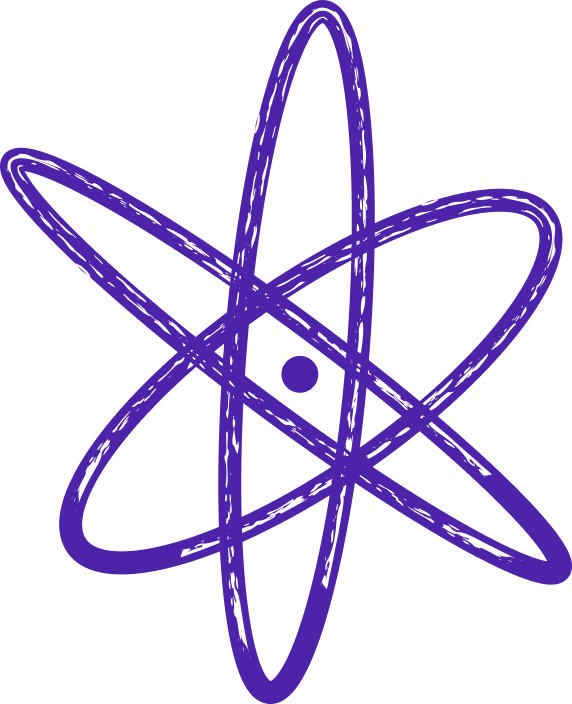
what is graph database
What is Graph Database
At its core, a graph database leverages the power of graph theory, a branch of mathematics that focuses on the study of relationships and networks. This mathematical foundation enables the database to represent entities as nodes and their relationships as edges, providing a visual and intuitive representation of complex data interdependencies. These nodes can represent various entities such as people, organizations, products, or concepts, while the edges depict the connections, associations, or interactions between these entities.
One of the key advantages of a graph database is its ability to efficiently traverse and explore relationships within the data. Unlike traditional databases, which often require complex join operations to establish connections between tables, graph databases can quickly navigate through the graph structure using graph algorithms. This enables highly performant and scalable queries that can uncover intricate patterns, uncover hidden relationships, and provide valuable insights into the data.
Graph databases also excel in handling highly connected data, where relationships between entities are numerous and complex. By representing data as a graph, these databases can easily capture and store the intricate web of connections, allowing for efficient retrieval and analysis of this information. This makes graph databases particularly suitable for use cases such as social networks, recommendation engines, fraud detection systems, knowledge graphs, and supply chain management, where understanding and leveraging relationships are critical.
Furthermore, graph databases provide a schema-less or schema-flexible approach, allowing for dynamic and agile data modeling. Unlike relational databases that require predefined schemas and strict data structures, graph databases enable developers to evolve the data model as the requirements and relationships change. This flexibility not only reduces development time and complexity but also enables the seamless integration of new data sources and the adaptation to evolving business needs.
In terms of performance, graph databases excel in scenarios where complex queries involving multiple relationships and traversals are required. By leveraging optimized indexing structures and graph-specific algorithms, these databases can provide real-time responses even with vast amounts of interconnected data. This speed and efficiency allow applications to deliver highly personalized recommendations, perform complex pattern matching, and power real-time analytics.
In conclusion, a graph database is a powerful and innovative database management system that utilizes graph theory principles to efficiently store, retrieve, and analyze highly interconnected data. By representing entities as nodes and relationships as edges, graph databases provide a flexible and intuitive way to model complex data structures. With their ability to traverse relationships efficiently and handle highly connected data, graph databases are increasingly being adopted by organizations to unlock valuable insights, drive intelligent decision-making, and power a wide range of applications in various industries. A graph database is a type of database that uses graph structures for semantic queries with nodes, edges, and properties to represent and store data. Graph databases are especially useful for applications that require complex queries and relationships between data points. They are designed to efficiently navigate and retrieve connected data, making them ideal for scenarios where relationships are a key focus, such as social networks, recommendation engines, fraud detection, and network analysis.
One of the key advantages of graph databases is their ability to quickly traverse relationships between data points, making queries faster and more efficient compared to traditional relational databases. This is because graph databases store relationships as first-class citizens, allowing for direct access to connected data without the need for complex joins or multiple queries. By representing data as a network of nodes and edges, graph databases enable users to easily explore and analyze complex relationships within their data, leading to more insightful and actionable insights. Overall, graph databases offer a flexible and scalable solution for managing interconnected data in a way that is both intuitive and efficient.
Let’s build your next digital product — faster, safer, smarter.
Book a free consultationWork with a team trusted by top-tier companies.








